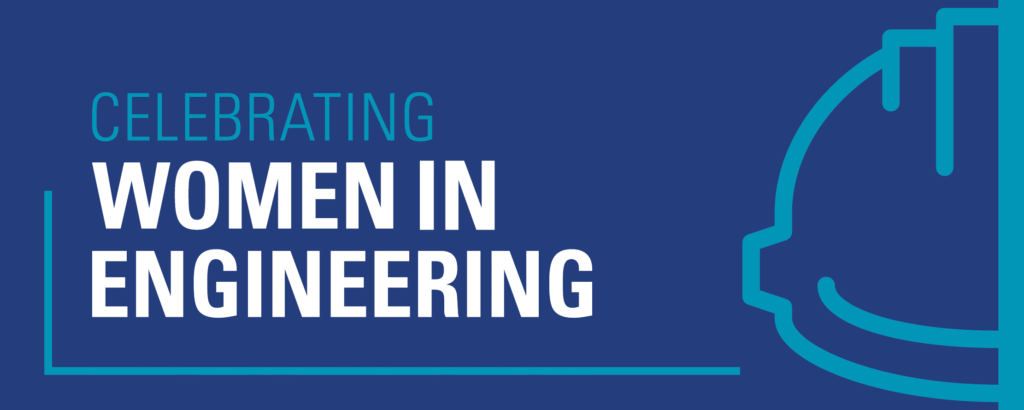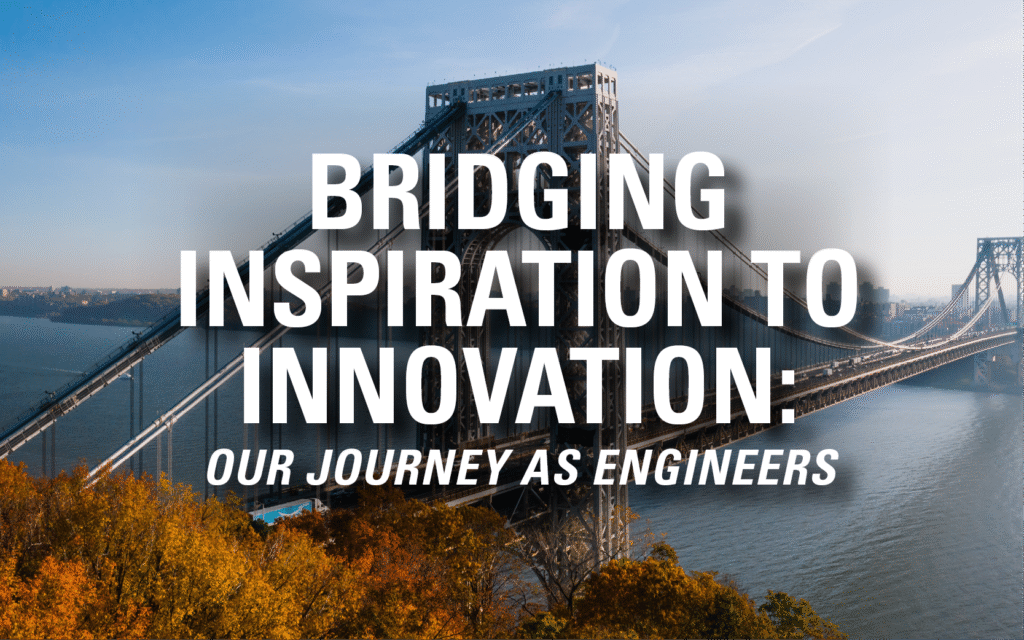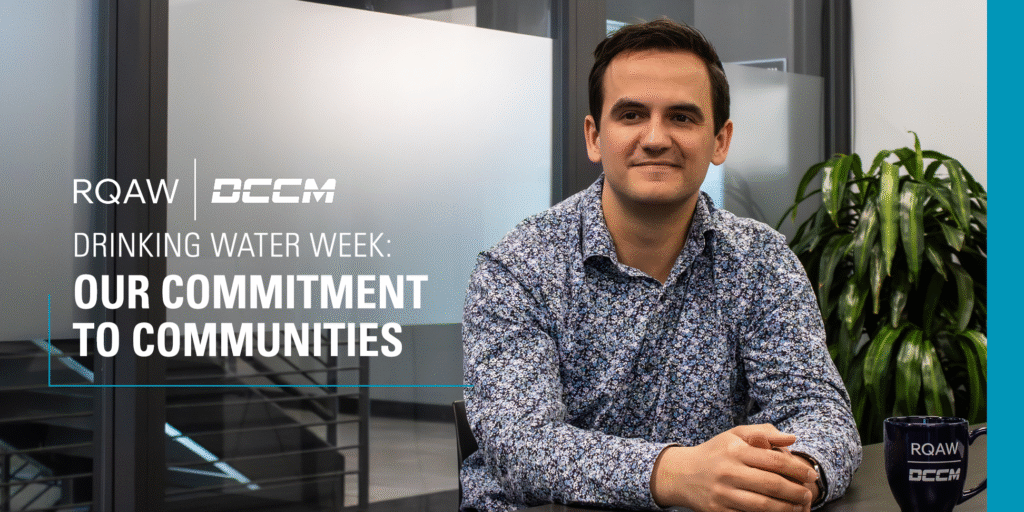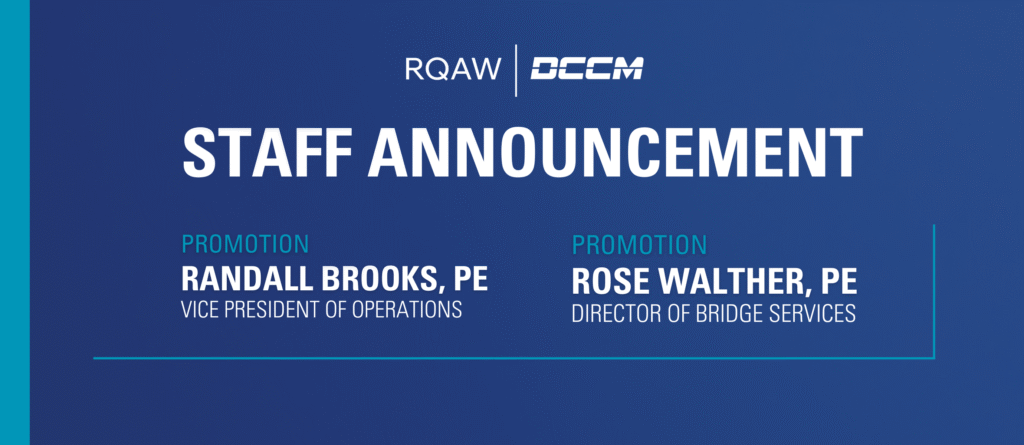Randall Brooks, PE | Vice President of Operations RQAW | DCCM is pleased to announce the promotion of Randall Brooks, PE, to Vice President of Operations. Since joining the RQAW | DCCM bridge department in 2016, Randall has demonstrated exceptional leadership and a strong commitment to our clients while delivering successful projects and mentoring the bridge team. In his new role, Randall will continue to focus on improving operational efficiencies, streamlining processes, and promoting teamwork to ensure we continue providing outstanding service to our clients. Rose Walther, PE | Director of Bridge Services RQAW | DCCM is also pleased to announce the promotion of Rose Walther, PE, to Director of Bridge Services. She has been recognized for her exceptional communication, attention to detail, and innovative problem-solving. Rose’s years of experience managing projects, ranging from rehabilitations to new construction, has consistently delivered outstanding results to our clients. Her dedication to client satisfaction and project quality makes her an excellent fit to lead our Bridge Services team.









